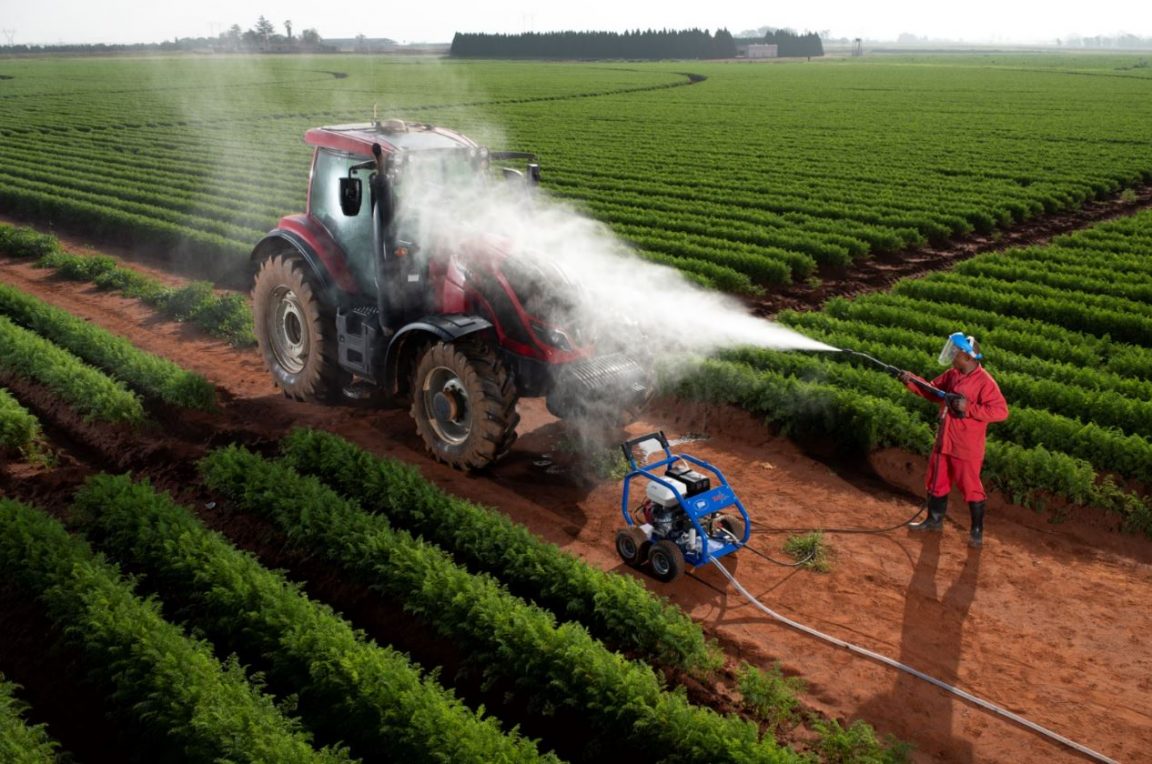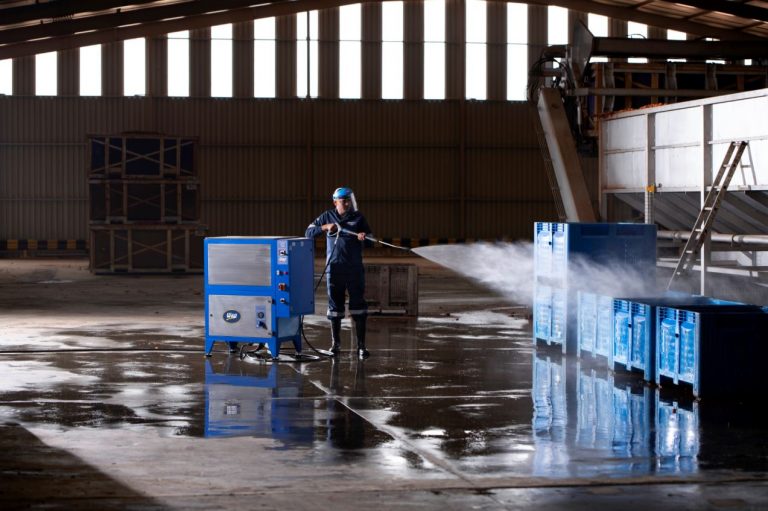Despite the pandemic and a contraction in some sectors within agriculture, 2020 was a good year for the South African agricultural sector which experienced a 13.1% annual GDP growth rate, according to the Bureau for Food and Agricultural Production.
While red meat, poultry, milk and potato producers were sitting on stockpiles as a result of the shutdown of sit-down restaurants, the citrus industry exported record volumes following a surge in demand.
“The food supply chain is under constant threat of disease or contamination along the agricultural value chain,” says Emma Corder, Managing Director of industrial cleaning products manufacturer Industroclean.
South Africa’s agricultural sector comprises well developed commercial farming, as well as small-scale farmers who form part of the food value chain. With exports driving growth in this sector, all stakeholders must work toward the high standards of hygiene required in the food value chain, if the industry and livelihoods dependent on it is to survive.
Farming is one of the key sectors in helping to strengthen food security in our country. But there is added pressure on food producers and the agricultural sector to supply the demand and manage commercially viable volumes of fresh produce while ensuring it reaches retail shelves in a hygienic and safe way. One key practice to ensuring this is an investment in cleaning equipment and practices on site.
Good Agricultural Practices (GAP) applicable to fruit and vegetable producers demonstrates on-farm food safety and sustainability. Complying with these control points and compliance criteria means that producers can sell their products both globally and locally.
During the first half of 2021, South African farmers in some regions have already been affected by outbreaks of African Swine Fever and Bird Flu. While it is argued that a ban on South African poultry might be premature, countries such as Mozambique and Botswana have already rejected poultry and egg exports from South Africa.
If the country were to experience a repeat of the 2017 outbreak which resulted in the culling of more than four million birds there could be considerable impacts such as a ban on exports as well as shortages of poultry meat and eggs in South Africa.
From the severity of these outbreaks, it is clear that constant vigilance is required to avoid a major crisis. According to global management consultancy Kearney, rising food insecurity is one of the top five trends predicted for 2021 which will lead to increased investment in agricultural and food technology.
One of the biggest investments in farming is in equipment and it makes economic sense to ensure that it is maintained and kept in proper running order to avoid costly downtime.

“Farm machinery and equipment should be cleaned after each use. Most large agricultural equipment can be cleaned quickly with a detergent, and a high-pressure washer to clean equipment fast and effectively,” Corder continues.
There are multiple points at which infections or contamination can be introduced unless the most stringent hygiene standards are maintained. Contagious particles are often spread by the movement of workers and equipment on site. These can be removed with robust, powerful cleaning equipment designed to work in a farm environment.
“On-farm biosecurity is a set of measures designed to protect a property from the entry and spread of pests and diseases, this includes the correct cleaning regime is in place. Modern cleaning technologies can effectively clean and disinfect facilities and environments on a farm,” says Corder.









